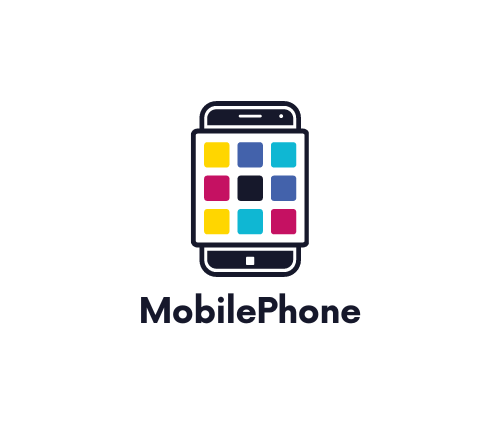Mobile Magic for the Shopify Store: Native vs. Hybrid Apps Explained
Struggling to decide between a native or hybrid app for the Shopify store? This guide cuts through the jargon, explaining the pros and cons of each option in simple terms. Discover:
- Native apps: The “real deal” offering a seamless and feature-rich experience (but at a higher cost).
- Hybrid apps: A cost-effective and faster option that integrates seamlessly with the existing store (but might have limitations).
Unlock the mobile potential of your store! Choose the right app to boost sales and brand presence.
In today’s world, most people have their phones glued to their hands, and that includes your potential customers. So, if you want to make it easier for them to shop your amazing Shopify store on the go, you might be considering a mobile app. But hold on! Before you jump in, there are two main types of mobile apps to consider: native apps and hybrid apps. Let’s break down the difference and help you choose the right fit for your store.
Native Apps: The Real Deal
Imagine a mobile app built specifically for the phone, whether it’s an iPhone or Android. That’s a native app. It’s like a custom-made suit, perfectly tailored to the operating system it’s designed for. This means it can access all the bells and whistles of the phone, like the camera, GPS, and fancy animations.
Benefits of Native Apps:
- Smooth and speedy: Native apps generally provide the fastest and most responsive experience, making it a joy for customers to browse and buy on your store.
- Packed with features: They can tap into all the features the phone has to offer, creating a truly immersive app experience.
- Feels familiar: Native apps look and feel just like other apps on the phone, making them intuitive and easy to navigate for users.
The Downside:
- Pricey and time-consuming: Building separate native apps for different platforms (iOS and Android) can be expensive and require longer development time.
Hybrid Apps: The All-Rounder
Think of a hybrid app as a blend of a website and a mobile app. It uses the same technology as the website (like HTML, CSS, and JavaScript) but is packaged to look and feel like a native app.
Benefits of Hybrid Apps:
- Cost-effective: They are generally more affordable to develop than native apps, as one only needs to build one codebase for both platforms.
- Faster development: Since one is using existing web code, hybrid apps can be developed quicker than native apps from scratch.
- Easy maintenance: Only managing one codebase makes updating and fixing the app a breeze.
- Works with your Shopify store: Hybrid apps can potentially connect seamlessly with the existing store, meaning one can keep using the product information and tags (those comma-separated words that help categorize the products) without any hassle.
Things to Consider:
- Limited features: They might not have access to all the advanced features of native apps.
- Performance: Depending on the complexity of the app, it might not be as fast and smooth as a native app.
- Experience: While they look like apps, they might not feel quite as polished and intuitive as a fully native app.
So, which one should you choose?
It depends on the specific needs and budget. If one is looking for a cost-effective way to reach mobile customers and don’t need the most advanced features, a hybrid app could be a great option. However, if one wants the absolute best user experience and all the bells and whistles, a native app might be worth the investment.
Remember: No matter which type of app one chooses, make sure it’s user-friendly, visually appealing, and seamlessly integrates with the Shopify store. This way, one can creates a mobile shopping experience that keeps the customers coming back for more!
